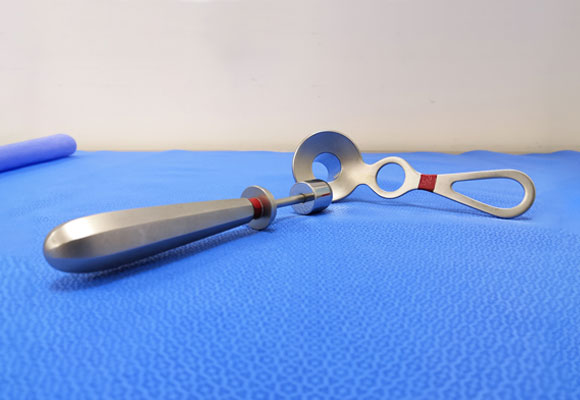Welcome to the RS Surgical blog, where today we’re shedding light on a sensitive but important health topic: fecal incontinence. This condition, while not often discussed openly, affects many people’s lives. Understanding its causes and exploring effective management strategies can significantly improve quality of life.
What Is Fecal Incontinence?
Fecal incontinence is the inability to control bowel movements, causing unexpected leakage of stool from the rectum. It can involve partial leakage or complete loss of bowel control. This condition can be distressing and can significantly impact a person’s emotional and social life.
Causes and Risk Factors
Fecal incontinence can be caused by a variety of factors, and understanding these can help in managing the condition more effectively:
- Muscle Damage: Injury to the anal sphincter muscles, which can occur during childbirth, is a common cause. Surgeries or trauma to the area can also lead to muscle weakness.
- Nerve Damage: Diseases such as diabetes or conditions like stroke can impair the nerves that control the anal muscles or the sensation in the rectum.
- Age: As people age, the muscles in the rectum may weaken, increasing the risk of incontinence.
- Other Medical Conditions: Chronic conditions such as Crohn’s disease, irritable bowel syndrome, and severe constipation can exacerbate or lead to fecal incontinence.
Managing Fecal Incontinence
Effective management of fecal incontinence starts with a proper diagnosis. Here are several strategies that may be recommended:
- Dietary Adjustments: Managing fiber intake can help. For some, increasing fiber helps solidify stool and reduce incontinence. For others, reducing fiber intake might be necessary.
- Medications: Certain medications can help manage diarrhea or constipation, which can contribute to incontinence.
- Pelvic Floor Exercises: Strengthening the muscles of the pelvic floor through exercises like Kegels can help improve control.
- Surgical Options: For severe cases, surgical interventions might be necessary. Procedures can repair damaged muscles or nerves or alter the rectum to retain more control.
Lifestyle Tips for Living with Fecal Incontinence
Living with fecal incontinence can be challenging, but several lifestyle changes can help manage the condition:
- Scheduled Toilet Trips: Planning visits to the restroom at regular times during the day can help prevent accidents.
- Incontinence Products: A variety of products such as absorbent pads or special underwear can help manage incontinence discreetly.
- Skin Care: Proper care is crucial, as exposure to stool can irritate the skin. Gentle cleaning and barrier creams can protect skin integrity.
You Are Not Alone
It’s important to remember that if you’re dealing with fecal incontinence, you are not alone. Many people experience this condition, and there are numerous resources available. At RS Surgical, we understand the challenges you face and offer a supportive environment to discuss your concerns and find solutions.
Take the Next Step
If fecal incontinence is affecting your life, it’s time to take control. Visit RS Surgical to learn more about how we can help manage this condition and improve your quality of life. Explore our resources, or contact us to schedule a consultation. Your health and comfort are our top priorities.


